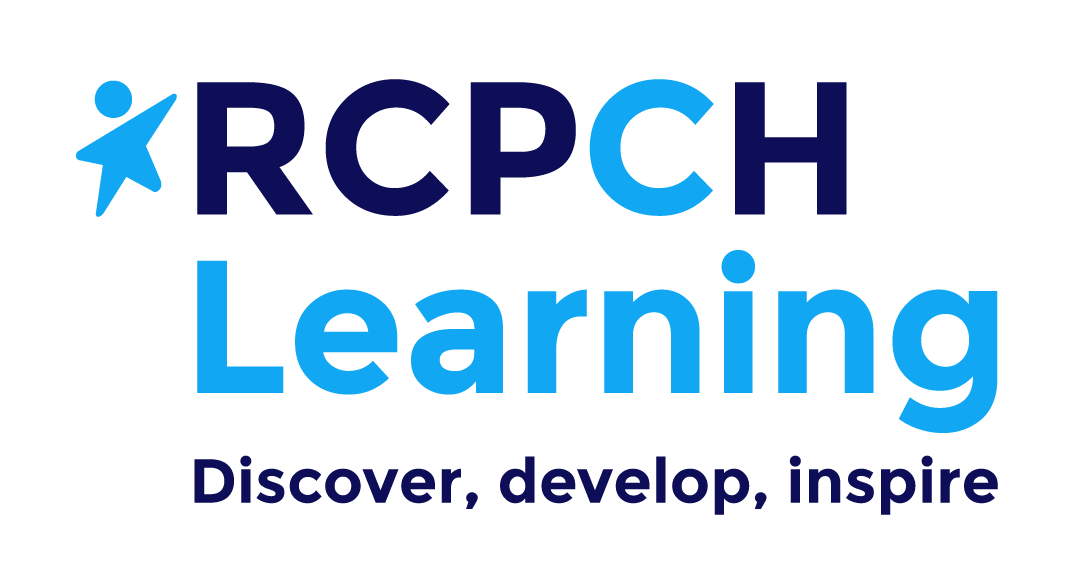Top Tips: Herpes Simplex Virus – Do Not Use
Have three minutes to spare? Our top tips give you quick, evidence-based insight into a health topic. Though common and self-limiting in older children and adults, herpes simplex viral infection can cause a spectrum of neonatal disease from simple lesion to devastating encephalitis. How can we identify babies at risk and provide appropriate treatment?
Contributors:Dr Emma Lim Consultant Paediatrician Dr Christo Tsilifis Clinical Fellow, Academic Paediatric Trainee |
1. Think Hands And No Kisses
|
2. Consider HSV infection in any sick babyEven without maternal history of infection – it is rare, but treatable. Clues include abnormal LFTs, DIC, or abnormal focal neurology. |
3. Empowerment. Vertical transmissionEmpower pregnant women to speak to their midwives and obstetricians about HSV infection, particularly if there has been previous genital herpes. Vertical transmission is the most common way for babies to contract HSV. |
4. Consider HSV infection in women around deliveryThink about HSV infection in women with severe vaginal pain or fever with negative Group B streptococcus cultures, particularly around the time of delivery. |
5. Time to testTo test for HSV, send viral PCRs from any lesions or mucosal surface, from EDTA blood, and from cerebrospinal fluid. Treat with acyclovir until results are back. Your result is only as good as the swab you take. |
Relevant informationThe Kit Tarka Foundation. T-H-A-N-K-S.https://www.kittarkafoundation.org/thanks The Lullaby Trust.https://www.lullabytrust.org.uk/over-half-of-uk-parents-unaware-of-risk-kissing-poses-to-newborns/ |
Deepen your understanding
Our related learning resources
-

The Paeds Round from RCPCH and Medisense
NEW EPISODE AVAILABLE NOW Listen to real-world advice and guidance on how to manage a range of clinical topics and much else on education, training and working in paediatrics. With Dr Emma Lim, Consultant Paediatrician and Dr Christo Tsilifis, Academic Paediatric Trainee, plus parents, paediatric specialists and junior doctors.
Found an issue? Please get in touch with us:
Email us at rcpchlearning@rcpch.ac.uk
